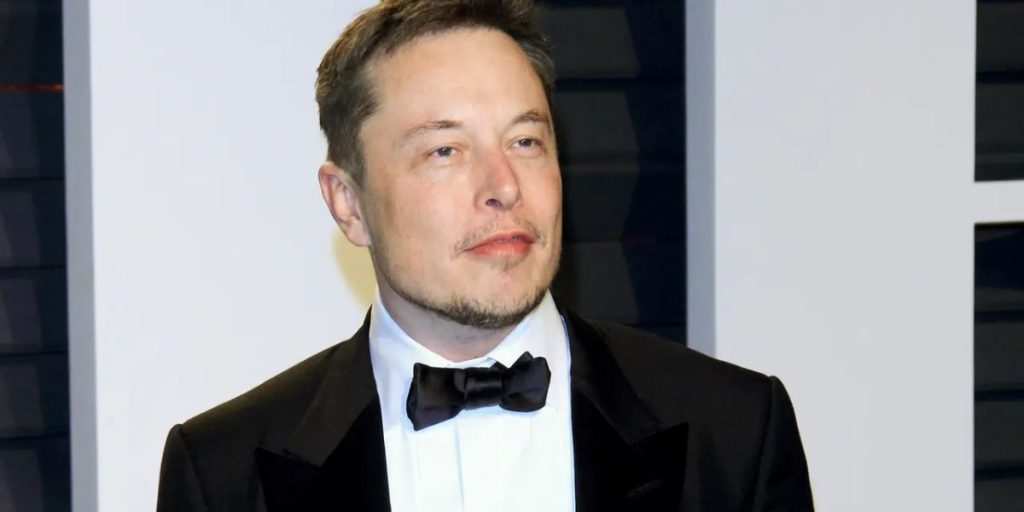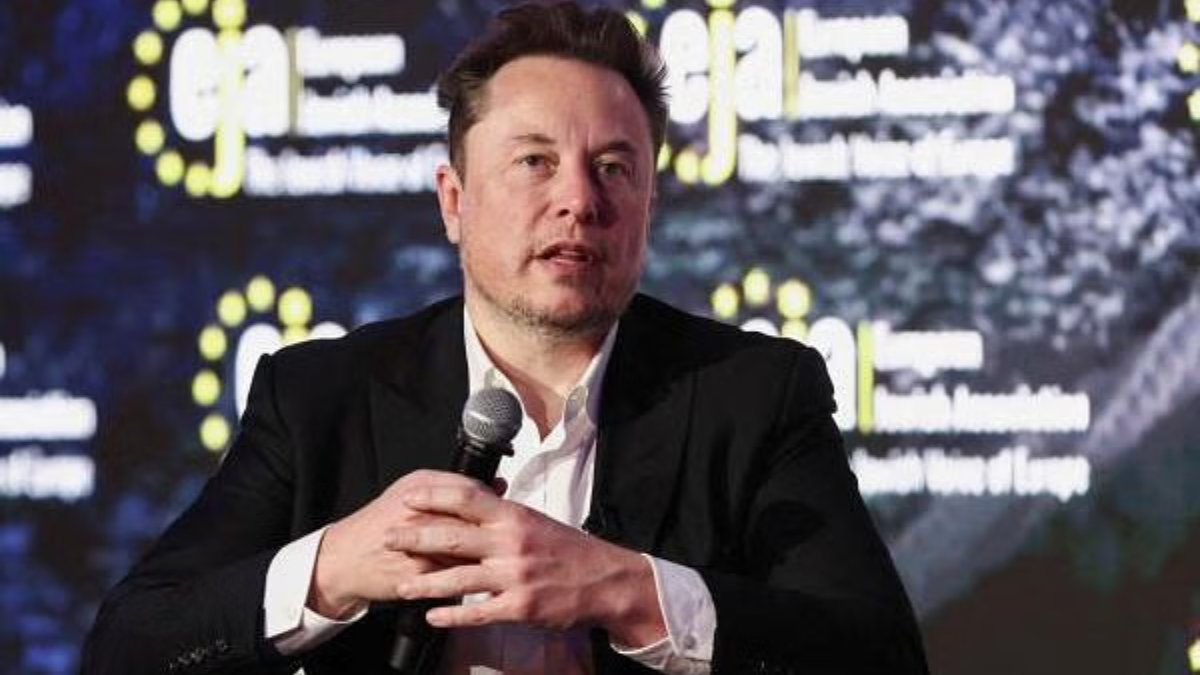Elon Musk, the CEO of Tesla and SpaceX, is well known for his groundbreaking business ventures, but lately, he has been in the spotlight for a different reason: the way he pays Social Security taxes. For many Americans, paying Social Security taxes is a year-round commitment.
However, Musk, with his vast fortune, reaches the maximum Social Security tax cap almost immediately at the start of the year. In 2025, the maximum income subject to Social Security tax is set at $160,200. Once Musk earns that amount, he no longer contributes to Social Security taxes for the remainder of the year.
This quick contribution has sparked discussions about the fairness of the Social Security tax system, as everyday workers continue to pay into the system throughout the year.
Musk, on the other hand, pays his full share within minutes of January 1. Here’s a closer look at how the system works and why this disparity exists.
How Social Security Taxes Work for High Earners
Social Security taxes in the U.S. are levied at a rate of 6.2% on income, but only up to a certain threshold. In 2025, that threshold is $160,200. Once a worker’s income exceeds this amount, they are no longer required to contribute to Social Security taxes for the remainder of the year.
For individuals like Elon Musk, who earn millions of dollars annually, this means that they reach the cap early in the year and are exempt from contributing to Social Security taxes after that point.
In practical terms, Musk reaches this cap quickly. By January 1, his earnings for the year are often high enough that he has already paid the maximum Social Security tax amount of $10,918.
This is in stark contrast to most workers, who continue to pay Social Security taxes on every paycheck throughout the entire year.
The disparity in contribution times between high earners and average Americans is a key point of contention in the ongoing debate about tax fairness.
The Growing Debate Over the Social Security Tax Cap
The current Social Security tax system, which caps contributions at $160,200, has drawn criticism, particularly from those who believe that it disproportionately benefits high-income earners.
Musk’s ability to contribute a significant portion of his Social Security taxes within minutes, while the average American pays into the system for the entire year, is seen by many as an unfair imbalance.
Critics argue that the current system places a heavier tax burden on low- and middle-income workers, who are subject to the same 6.2% rate on all of their income, without any cap. In contrast, the wealthiest individuals, like Musk, pay a smaller percentage of their total income into the system.
This creates a situation where high earners are essentially contributing less to Social Security relative to their income, while the middle class bears a larger share of the burden.
To address this, some experts and advocates for reform have called for the elimination of the income cap on Social Security taxes. Under such a proposal, high earners would pay Social Security taxes on all of their income, regardless of how much they earn.
This could help make the tax system more equitable and ensure that the wealthiest Americans contribute more to the program.
However, proposals to remove the income cap have faced strong opposition, particularly from conservatives who argue that higher taxes on the wealthy could discourage investment and hurt economic growth.
There is also concern about the potential impact on businesses and job creation if taxes on high earners are raised.

The Impact of Social Security Taxes on the Program’s Solvency
Social Security is a crucial program that provides benefits to retirees, disabled individuals, and survivors. The program is funded primarily through payroll taxes, and the funds are used to provide monthly benefits to millions of Americans.
However, the program faces significant financial challenges due to an aging population and a shrinking workforce. As more baby boomers retire and fewer workers enter the system, the future solvency of Social Security is in question.
Some policymakers argue that reforming Social Security taxes is essential to ensuring the program’s long-term financial stability. With the current income cap on taxable earnings, high-income individuals like Musk pay a relatively small share of their total income into the system.
Removing the cap or implementing a more progressive tax structure could help address some of the financial challenges facing the program.
Why the System Needs Reform
The discussion surrounding Social Security tax reform highlights the need for a more equitable tax structure. High earners like Elon Musk are able to fulfill their tax obligations within a matter of minutes, while the average worker is required to contribute to Social Security throughout the entire year.
This disparity has led many to question whether the current system is fair and sustainable in the long term.
Social Security is a vital program for millions of Americans, providing critical benefits to retirees, individuals with disabilities, and survivors. The program’s solvency depends on the funds it collects through payroll taxes.
If the system is to remain financially stable and provide benefits to future generations, it may require significant reform.
Whether that means eliminating the income cap or restructuring the tax system altogether, changes are needed to ensure that Social Security remains fair and sustainable for all Americans.
For more information on Social Security reform and how it impacts you, visit MarketWatch.
Disclaimer – Our team has carefully fact-checked this article to make sure it’s accurate and free from any misinformation. We’re dedicated to keeping our content honest and reliable for our readers.
